The Sign of Peace can be a struggle. We are in the midst of the Eucharistic prayer, preparing our hearts and minds to receive Jesus; body, blood, soul, and divinity and the Eucharistic prayer is such a beautiful dialogue of prayer between the priest and the Body of Christ, carefully crafted to bring us into communion, not just with God, but with one another. As a people, we each go inward and open ourselves up to God’s presence. It is from this reflective state of mind that we move from prayer to greeting one another.
That’s when the awkwardness hits. Some folks are bowing, some are flashing peace signs, some are shaking hands or hugging. I have that internal conversation with myself, “What are they doing? Will I offend someone if I choose the wrong gesture? Have I been coughing? What germs am I spreading? What if they want a hug and I stick out my hand?” Then there are times the priest omits the Sign of Peace and I am left feeling a bit empty and end up hurriedly whispering, “Peace be with you” to my husband as I try to catch up with the Mass.
Relatively sure that I am not alone in my awkwardness, I think we have lost sight of the true purpose of the Sign of Peace. Today’s readings reorient us to this significant but often misunderstood portion of the Mass.
Jesus is pretty clear, before you approach the altar, you best make sure that you are coming free of any sin or quarrel with another. “..if you bring your gift to the altar, and there recall that your brother has anything against you, leave your gift there at the altar, go first and be reconciled with your brother, and then come and offer your gift.”
At this moment of the Mass before we receive Our Lord, we are called once again to look deep within ourselves and through our encounter with the person sitting next to us to examine our hearts. It isn’t about the gesture, it is about looking into the eyes of the person next to us and emptying ourselves and cleansing our hearts and souls of any failure to love as Jesus calls us to love. We are both asking for and offering forgiveness and we are only capable of doing so because of what comes next.
There is forgiveness in the Eucharist. There is peace and love and joy. Even if we don’t feel those things all at once, they are still there and taking root in us. My prayer for each of us is that the next time you and I go to Mass, we look into the eyes of our neighbor and from our hearts, wish them the peace that comes only from Christ. Awkward gestures notwithstanding.
El Signo de la Paz puede ser un poco difícil. Estamos en medio de la Plegaria Eucarística, preparando nuestros mentes y corazones para recibir a Jesús; cuerpo, sangre, alma y divinidad y la oración eucarística es un hermoso diálogo de oración entre el sacerdote y el Cuerpo de Cristo, cuidadosamente elaborado para llevarnos a la comunión, no solo con Dios, sino también con los demás. Como pueblo, cada uno de nosotros vamos hacia adentro y nos abrimos a la presencia de Dios. Es a partir de este estado mental reflexivo que pasamos de la oración al saludo mutuo.
Ahí es cuando llega la incomodidad. Algunas personas se inclinan la cabeza, otras ponen dos dedos en signo de paz, otras se dan la mano o se abrazan. Tengo esa conversación interna conmigo mismo, “¿Qué están haciendo? ¿Ofenderé a alguien si elijo el gesto equivocado? ¿He estado tosiendo? ¿Qué gérmenes estoy propagando? ¿Qué pasa si quieren un abrazo y les doy la mano? Luego, hay momentos en que el sacerdote omite el Signo de la Paz y me quedo sintiéndome un poco vacío y termino susurrando apresuradamente a mi esposo: “La paz esté contigo” mientras trato de ponerme al momento en la Misa.
Relativamente seguro de que no estoy solo al sentirme así, creo que hemos perdido de vista el verdadero propósito del Signo de la Paz. Las lecturas de hoy nos reorientan hacia esta porción significativa pero a menudo mal entendida de la Misa.
Jesús es bastante claro, antes de acercarte al altar, es mejor que te asegures de que vienes libre de cualquier pecado o pelea con otro. “…si cuando vas a poner tu ofrenda sobre el altar, te acuerdas allí mismo de que tu hermano tiene alguna queja contra ti, deja tu ofrenda junto al altar y ve primero a reconciliarte con tu hermano, y vuelve luego a presentar tu ofrenda.”
En este momento de la Misa antes de recibir a Nuestro Señor, estamos llamados una vez más a mirar profundamente dentro de nosotros mismos y a través de nuestro encuentro con las personas a nuestro alrededor, a examinar nuestros corazones en busca de cualquier falla. No se trata del gesto, se trata de mirar a los ojos a la persona que tenemos al lado y vaciarnos y limpiar el corazón y el alma de cualquier falta de amor como Jesús nos llama a amar. Estamos tanto pidiendo como ofreciendo perdón y solo somos capaces de hacerlo por lo que viene después.
Hay perdón en la Eucaristía. Hay paz, amor y alegría. Incluso si no sentimos todas estas cosas a la vez, todavía están ahí y echando raíces en nosotros. Mi oración por cada uno de nosotros es que la próxima vez que usted y yo vayamos a Misa, miremos a los ojos de nuestro prójimo y de corazón le deseamos la paz que solo viene de Cristo. (A pesar de los gestos incómodos.)
 Sheryl is happy to be the number 1 cheerleader and supporter for her husband, Tom who is a candidate for the Permanent Diaconate in the Diocese of Kalamazoo. They are so grateful for the opportunity to grow together in this process. Sheryl’s day job is serving her community as the principal for St. Therese Catholic School in Wayland, Michigan. Since every time she thinks she gets life all figured out, she realizes just how far she has to go, St. Rita of Cascia is her go-to Saint for intercession and help. Home includes Carlyn, a very, very goofy Golden Retriever and Lucy, our not-so-little rescue puppy.
Sheryl is happy to be the number 1 cheerleader and supporter for her husband, Tom who is a candidate for the Permanent Diaconate in the Diocese of Kalamazoo. They are so grateful for the opportunity to grow together in this process. Sheryl’s day job is serving her community as the principal for St. Therese Catholic School in Wayland, Michigan. Since every time she thinks she gets life all figured out, she realizes just how far she has to go, St. Rita of Cascia is her go-to Saint for intercession and help. Home includes Carlyn, a very, very goofy Golden Retriever and Lucy, our not-so-little rescue puppy.
Feature Image Credit: Erika Giraud, unsplash.com/photos/b_zi7R-qIdQ
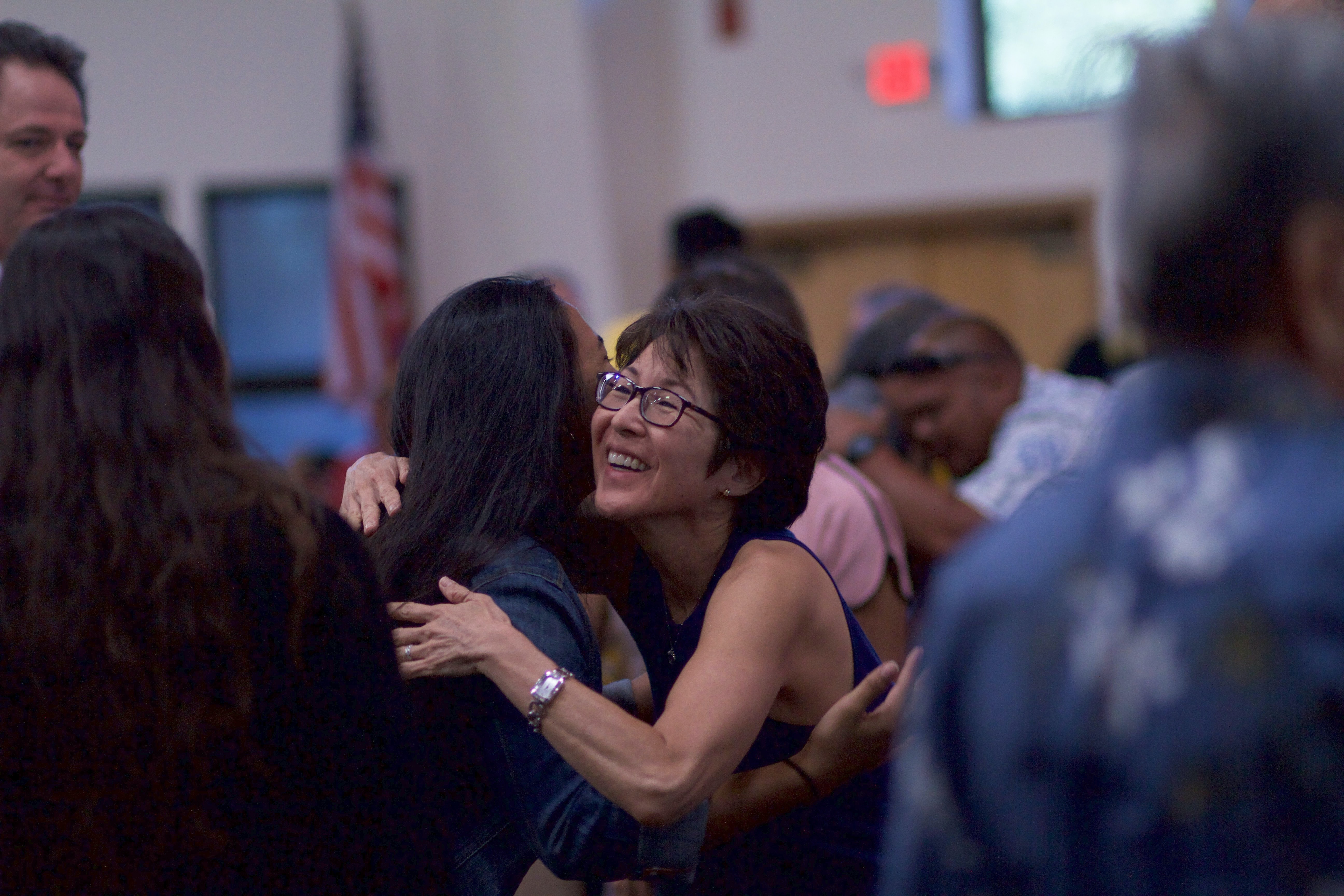





 Tami Urcia grew up in Western Michigan, a middle child in a large Catholic family. She spent early young adulthood as a missionary in Mexico, studying theology and philosophy, then worked and traveled extensively before finishing her Bachelor’s Degree in Western Kentucky. She loves tackling projects, finding fun ways to keep her little ones occupied, quiet conversation with the hubby and finding unique ways to love. She works at for Christian Healthcare Centers, is a guest blogger on
Tami Urcia grew up in Western Michigan, a middle child in a large Catholic family. She spent early young adulthood as a missionary in Mexico, studying theology and philosophy, then worked and traveled extensively before finishing her Bachelor’s Degree in Western Kentucky. She loves tackling projects, finding fun ways to keep her little ones occupied, quiet conversation with the hubby and finding unique ways to love. She works at for Christian Healthcare Centers, is a guest blogger on 
 Deacon Dan Schneider is a retired general manager of industrial distributors. He and his wife Vicki have been married for over 50 years. They are the parents of eight children and thirty grandchildren. He has a degree in Family Life Education from Spring Arbor University. He was ordained a Permanent Deacon in 2002. He has a passion for working with engaged and married couples and his main ministry has been preparing couples for marriage.
Deacon Dan Schneider is a retired general manager of industrial distributors. He and his wife Vicki have been married for over 50 years. They are the parents of eight children and thirty grandchildren. He has a degree in Family Life Education from Spring Arbor University. He was ordained a Permanent Deacon in 2002. He has a passion for working with engaged and married couples and his main ministry has been preparing couples for marriage.
 Dr. Alexis Dallara-Marsh is a board-certified neurologist who practices in Bergen County, NJ. She is a wife to her best friend, Akeem, and a mother of two little ones on Earth and two others in heaven above.
Dr. Alexis Dallara-Marsh is a board-certified neurologist who practices in Bergen County, NJ. She is a wife to her best friend, Akeem, and a mother of two little ones on Earth and two others in heaven above.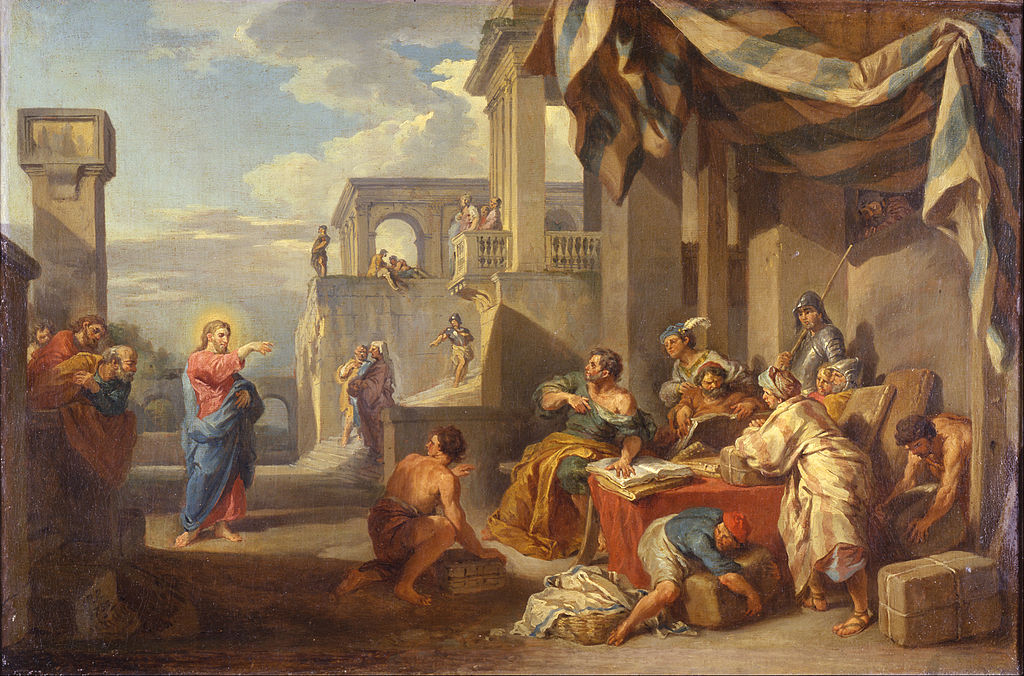


 Emily Jaminet is a Catholic author, speaker, radio personality, wife, and mother of seven children. She earned a bachelor’s degree in mental health and human services from the Franciscan University of Steubenville. She is the co-founder of
Emily Jaminet is a Catholic author, speaker, radio personality, wife, and mother of seven children. She earned a bachelor’s degree in mental health and human services from the Franciscan University of Steubenville. She is the co-founder of 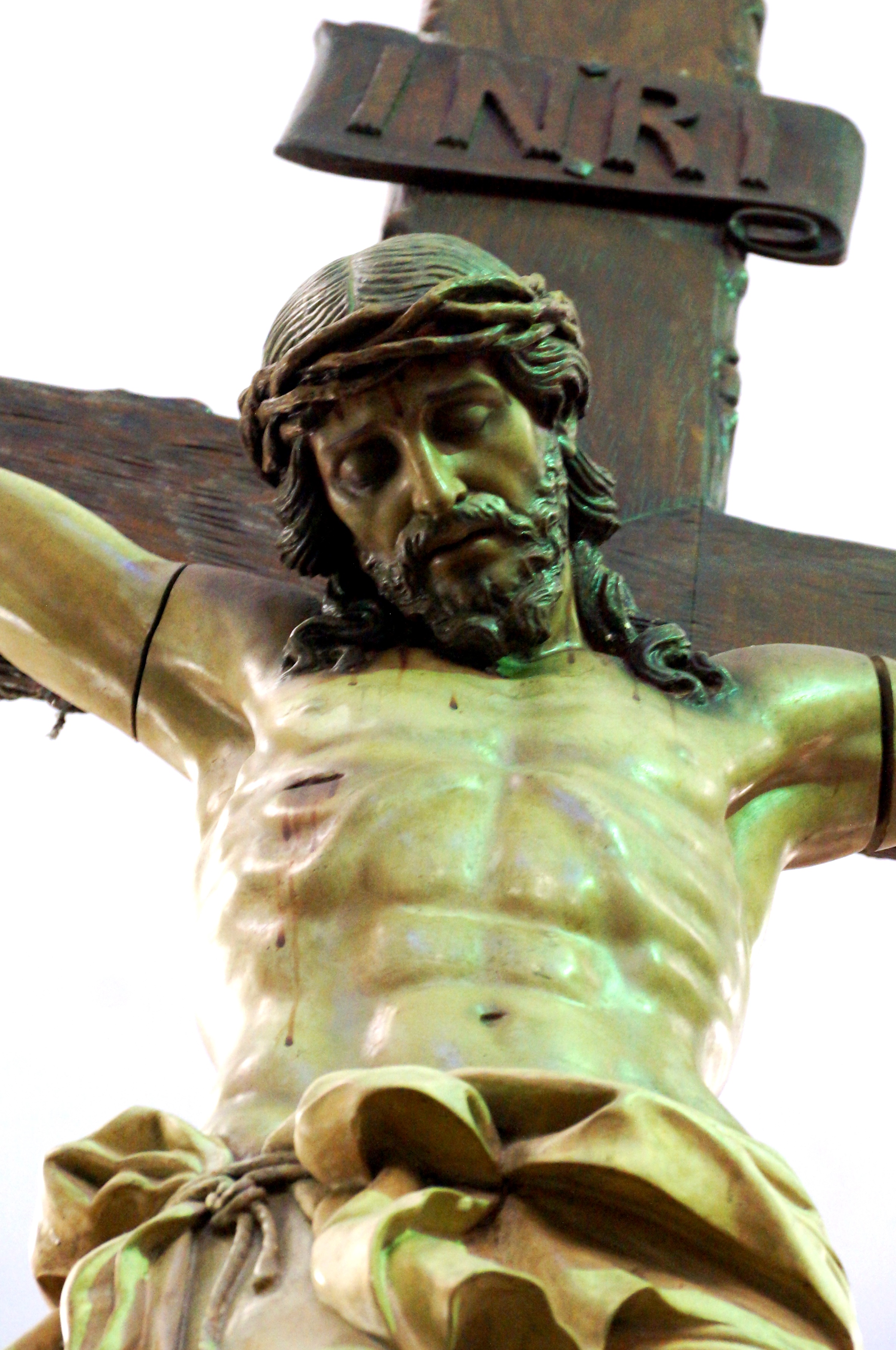

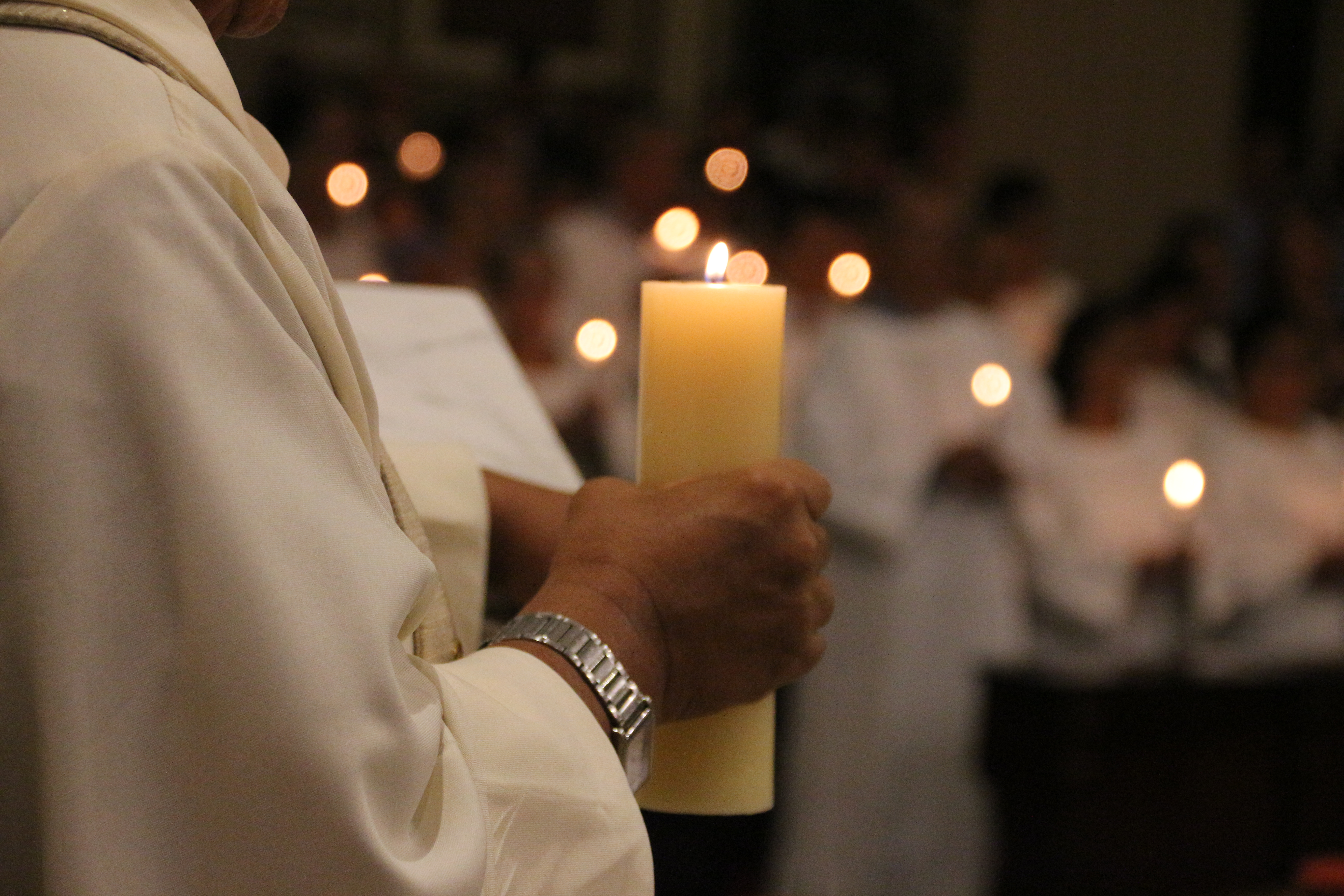
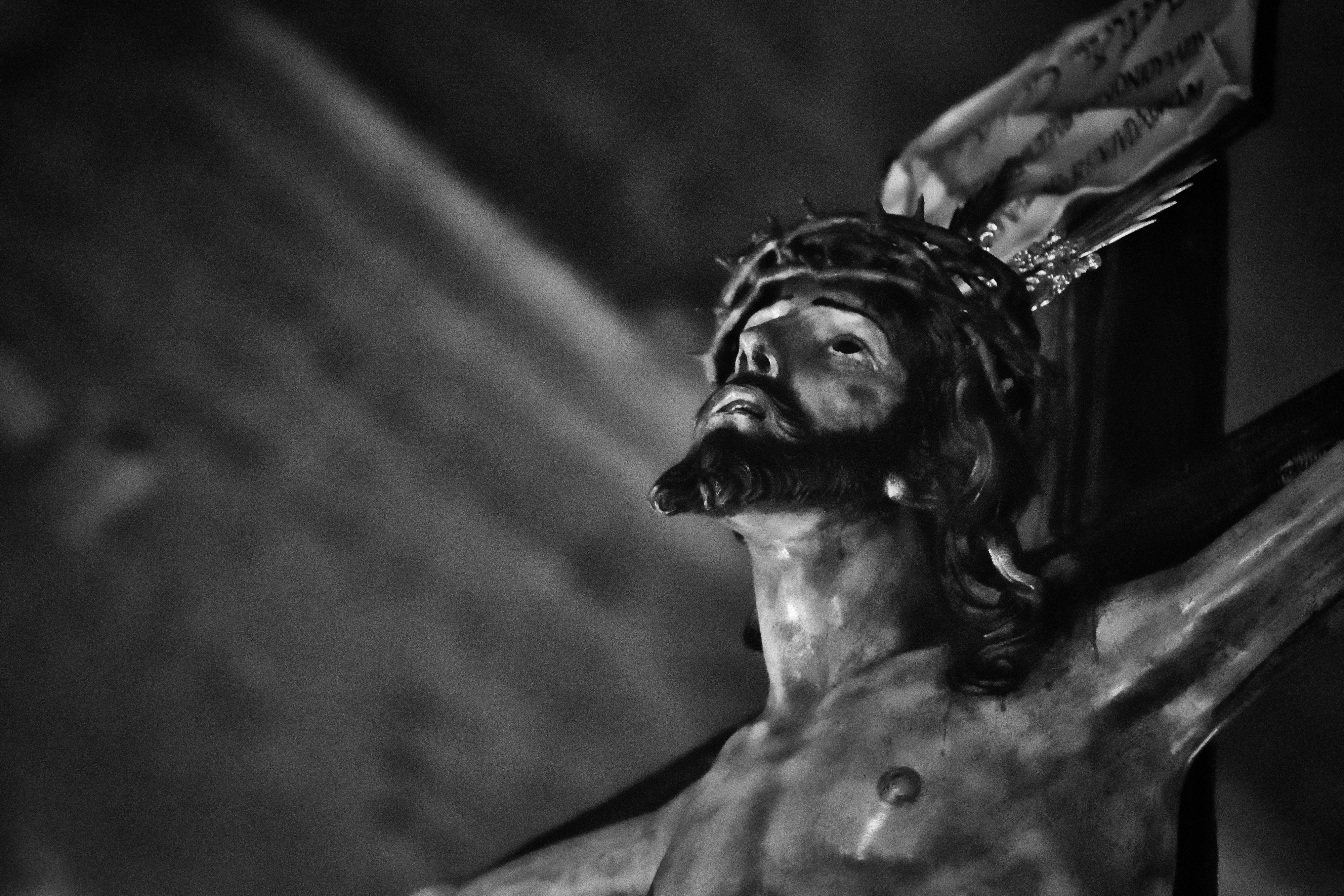
 Kathryn Mulderink, MA, is married to Robert, Station Manager for Holy Family Radio. Together they have seven children (including Father Rob), and four grandchildren. She is President of the local community of Secular Discalced Carmelites and has published five books and many articles. Over the last 30 years, she has worked as a teacher, headmistress, catechist, Pastoral Associate, and DRE, and as a writer and voice talent for Catholic Radio. Currently, she serves the Church by writing and speaking, and by collaborating with various parishes and to lead others to encounter Christ and engage their faith. Her website is
Kathryn Mulderink, MA, is married to Robert, Station Manager for Holy Family Radio. Together they have seven children (including Father Rob), and four grandchildren. She is President of the local community of Secular Discalced Carmelites and has published five books and many articles. Over the last 30 years, she has worked as a teacher, headmistress, catechist, Pastoral Associate, and DRE, and as a writer and voice talent for Catholic Radio. Currently, she serves the Church by writing and speaking, and by collaborating with various parishes and to lead others to encounter Christ and engage their faith. Her website is 